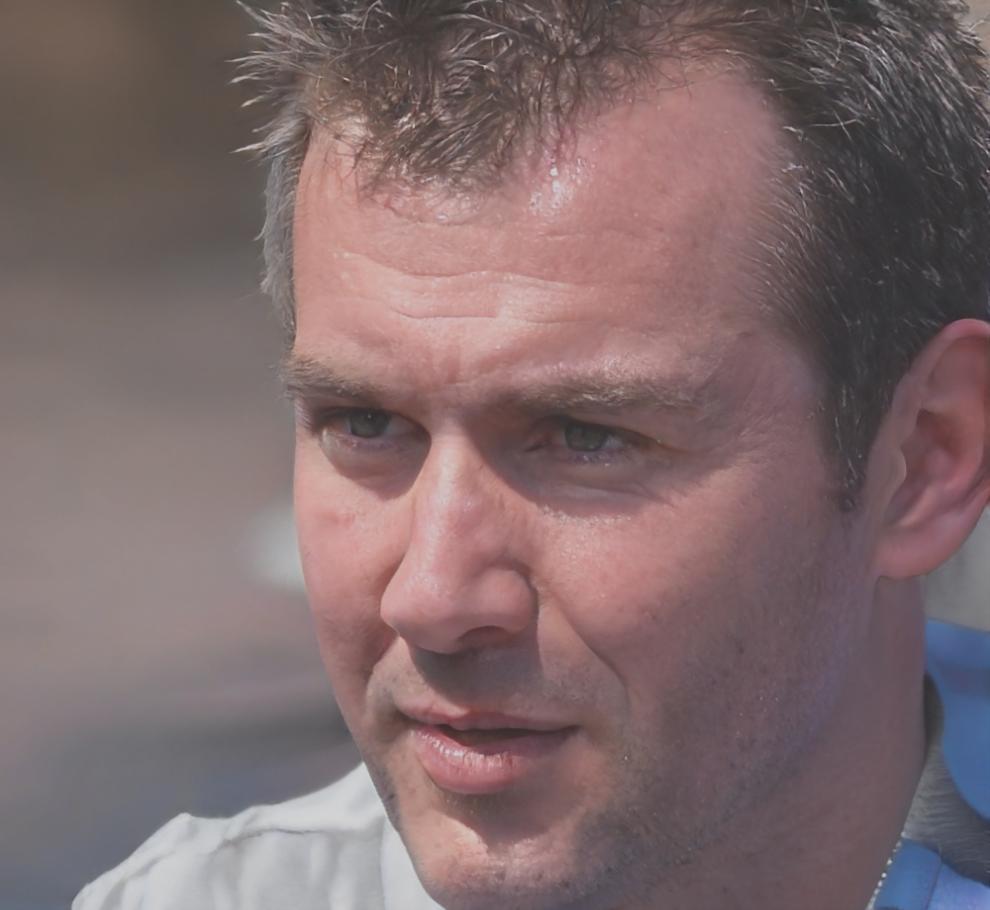
Fergal Hourigan
Lead Educator
Fergal spent fifteen years working with institutional portfolios before realizing most retail investors were being taught strategies that only make sense at scale. He now focuses on what actually works for individuals managing their own capital. His approach strips away the jargon and gets to the mechanics that matter.




